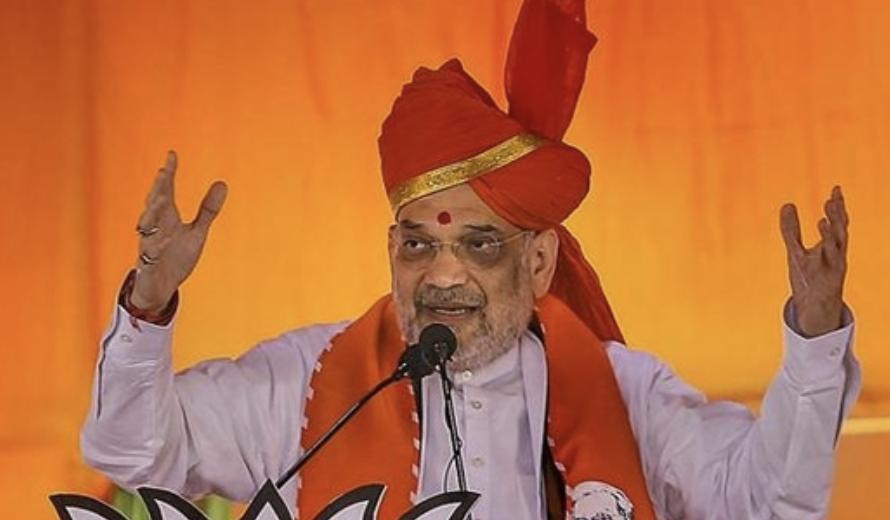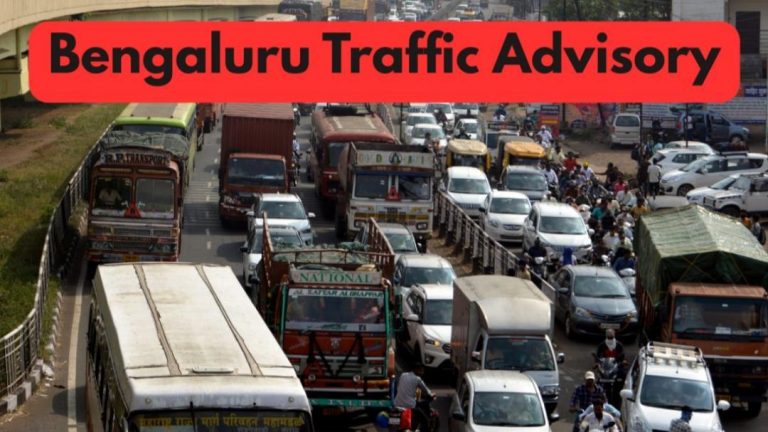
3 More Groups Disassociate from Hurriyat in J&K: Amit Shah
Union Home Minister Amit Shah has announced that three more organizations have disassociated themselves from the Hurriyat Conference in Jammu and Kashmir. Shah made this statement during his visit to the region, highlighting the growing cracks in the separatist movement. The three organizations that have severed their ties with the Hurriyat are the Jammu Kashmir Islamic Political Party, Jammu and Kashmir Muslim Democratic League, and Kashmir Freedom Front.
This development comes as a significant blow to the Hurriyat, which has been a vocal opponent of the Indian government’s policies in the region. The Hurriyat has been demanding increased autonomy for the region, which has been mired in conflict and violence for decades. However, with more organizations disassociating themselves from the group, it appears that the tide is turning in favor of the government.
Shah’s statement is a testament to the government’s efforts to promote peace and stability in the region. He has repeatedly emphasized the need for a united and peaceful India, and his comments suggest that he believes the country is moving closer to achieving that goal. “Modi Ji’s vision for united and powerful Bharat stands even more bolstered today,” he said, referring to Prime Minister Narendra Modi.
The decision by these three organizations to disassociate themselves from the Hurriyat is a significant one, as it suggests that they believe the group’s goals are no longer aligned with their own. The Jammu Kashmir Islamic Political Party, for example, had been a key member of the Hurriyat, but its decision to leave the group suggests that it is seeking a more pragmatic approach to resolving the conflict.
The Jammu and Kashmir Muslim Democratic League has also been a vocal critic of the Hurriyat’s leadership, accusing them of being out of touch with the needs of the people. The Kashmir Freedom Front, on the other hand, has been a more radical organization, but its decision to leave the Hurriyat suggests that it too is seeking a more peaceful and democratic solution to the conflict.
The implications of this development are significant, as it suggests that the Hurriyat’s influence is waning. The group has long been the leading voice of the separatist movement in Jammu and Kashmir, and its decline could signal a shift towards a more peaceful and democratic solution to the conflict.
The government has been working hard to promote peace and stability in the region, and Shah’s statement suggests that its efforts are bearing fruit. The government has implemented a range of measures designed to promote economic development and improve the lives of ordinary people in the region, including infrastructure projects, job creation schemes, and social welfare programs.
These efforts have been supported by a range of international organizations, including the United Nations, which has praised the government’s commitment to promoting peace and stability in the region. The UN has also called on both the Indian government and the Hurriyat to engage in peaceful and constructive dialogue, and has expressed hope that the current climate of tension can be resolved through diplomacy.
In conclusion, the announcement by the Union Home Minister that three more organizations have disassociated themselves from the Hurriyat is a significant development in the ongoing conflict in Jammu and Kashmir. The decision by these organizations to leave the Hurriyat suggests that they believe the group’s goals are no longer aligned with their own, and that they are seeking a more peaceful and democratic solution to the conflict.
As the government continues to work towards promoting peace and stability in the region, it is clear that the tide is turning in its favor. The decline of the Hurriyat’s influence, combined with the growing support for the government’s efforts, suggests that a more peaceful and democratic solution to the conflict is within reach.






